Colorado to receive $57 million in federal funds to extend electric vehicle charging network
COLORADO SPRINGS, Colo. (KRDO) -- The Federal Highway Administration announced this week that it will allocate $57 million to Colorado for the purpose of building more fast chargers and charging stations for electric vehicles.
"Colorado is a leader in this," said Kay Kelly, chief of innovative mobility for the Colorado Department of Transportation. "In 2019, we had nearly 60,000 registered electric vehicles and that was sixth in the nation."
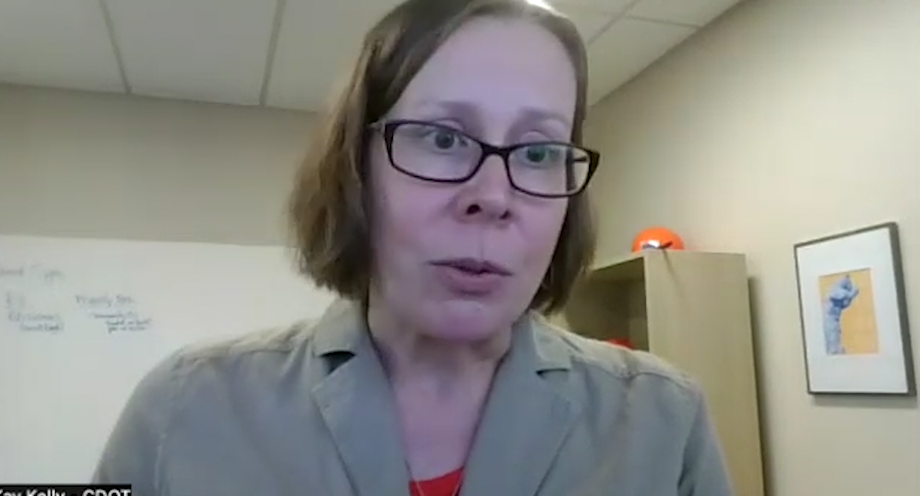
The money, to be distributed over the next five years, will increase the state's portion of the National Electric Vehicle Infrastructure corridor system by 44%, from 2,193 miles of roads to 3,164 miles, and cover 80% of the costs for charging infrastructure.
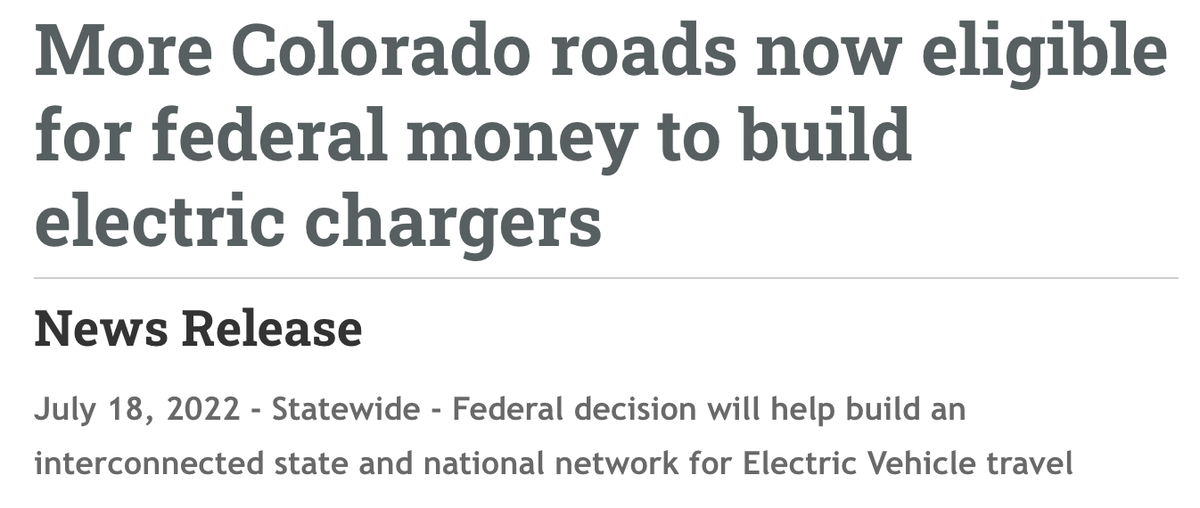
According to a release from CDOT, charging stations must be built within a mile of the national corridor -- which includes Interstate 25, U.S. 50 and U.S. 160 in southern Colorado -- and there can't be more than a 50-mile gap between stations.
Curiously, U.S. 24 is not part of the national corridor but CDOT expects it will be included eventually.
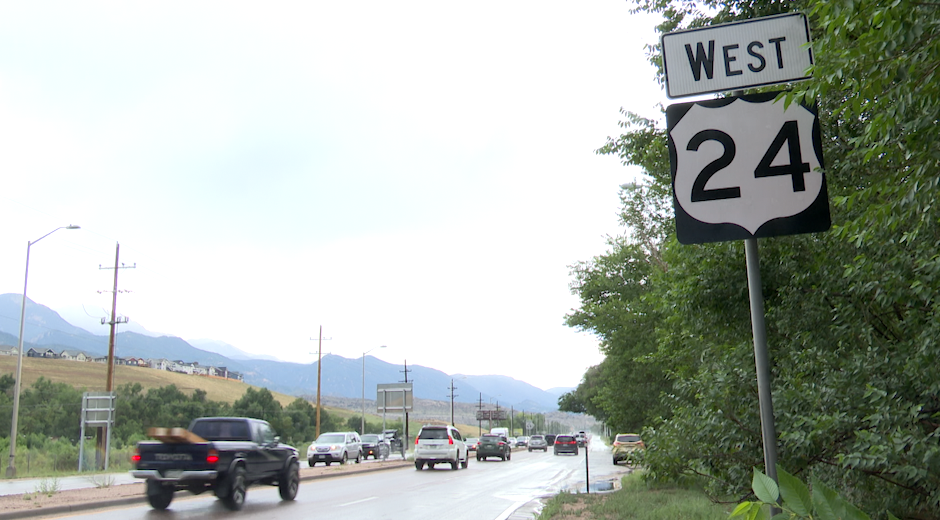
According to CDOT, Colorado Springs has nine chargers, Pueblo has three and Fountain has one.
Colorado has seven existing corridors and will add six more under the new funding, mostly in the Denver areas.
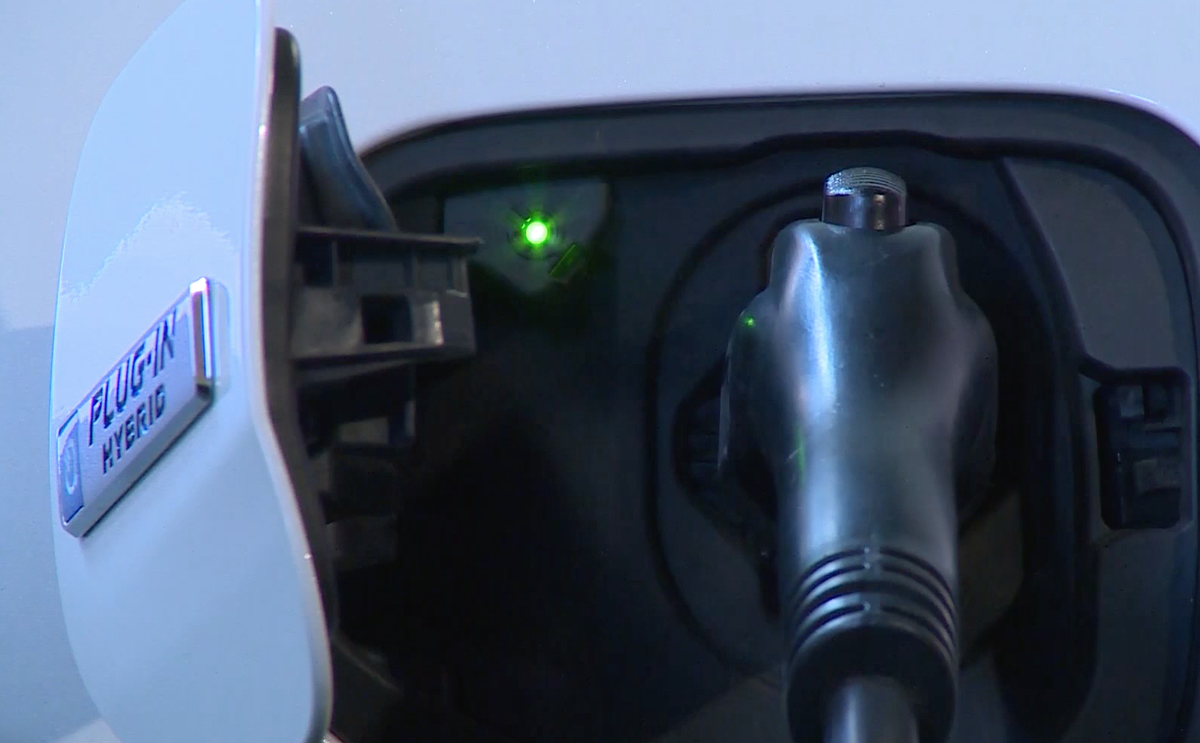
Filling gaps in the system is particularly a challenge in largely-rural southern Colorado, with only a few charging stations south of Pueblo between the Kansas and New Mexico lines, or to the west between Pueblo and Salida.

La Junta, Limon, Trinidad and Alamosa are the only smaller communities in the region known to have charging stations.
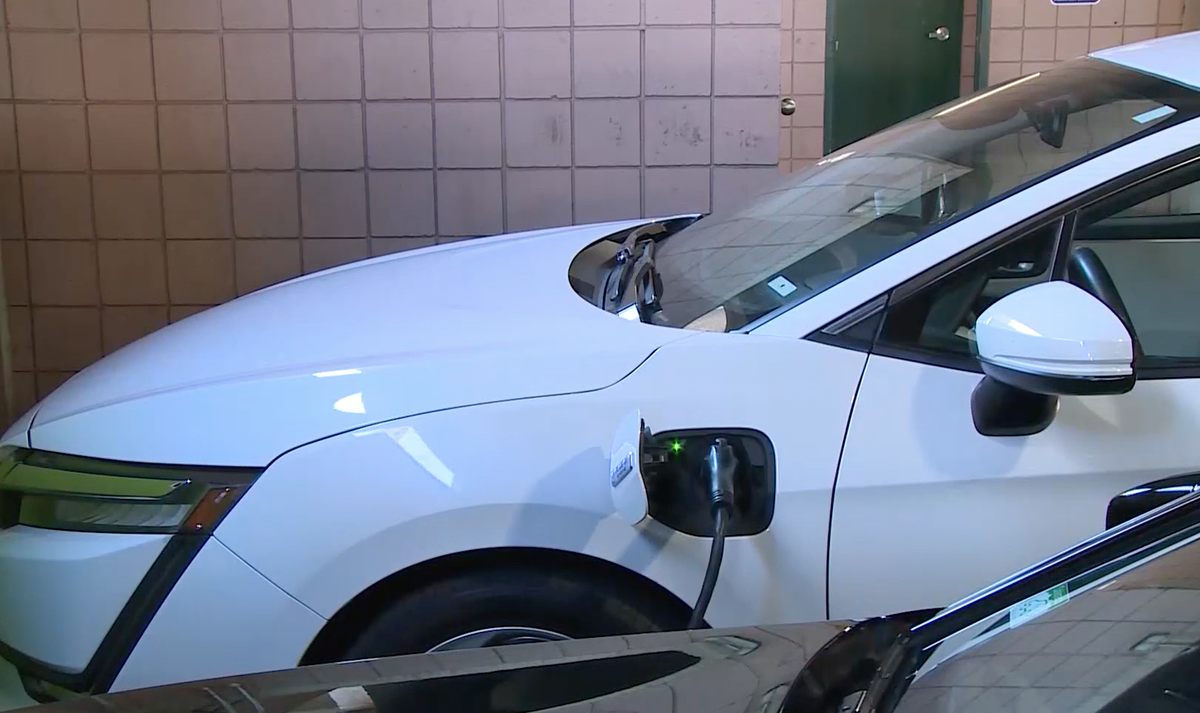
Another challenge is that CDOT doesn't own or operate charging stations and awards the funding to public, private and nonprofit organizations that want to build, own, maintain and operate the stations.
The funding is in line with the goal of CDOT, along with its partners, to have nearly a million zero-emission vehicles -- including transit and medium- to heavy-duty vehicles -- by 2030.
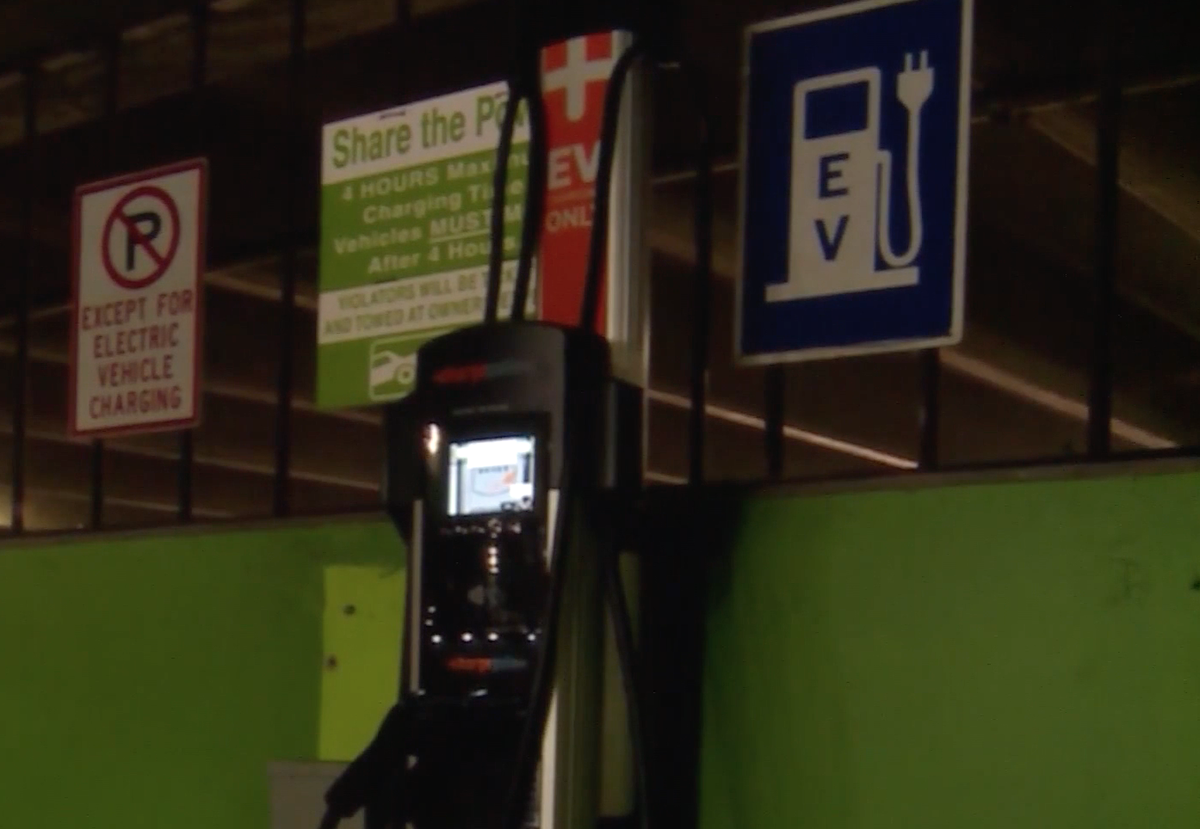
CDOT also says that building more stations will create new jobs needed to install, maintain and operate the infrastructure.
Some of those new jobs are at the Phil Long EV Outlet in Colorado Springs, a business that sells EV vehicles and has chargers for as many as ten vehicles.
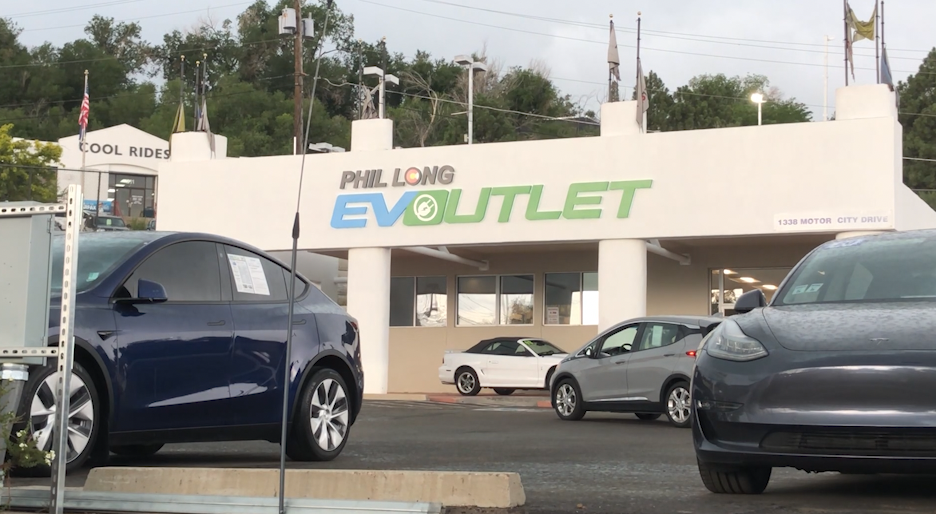
"We're getting maybe one vehicle a day from people who want to charge up," said store manager Robert Strange. "But that's going to increase as gas prices continue to be high. You can start a charging station with an investment of a few thousand dollars. And we're trying to follow states like California, which will stop selling fuel-powered vehicles in a few years."
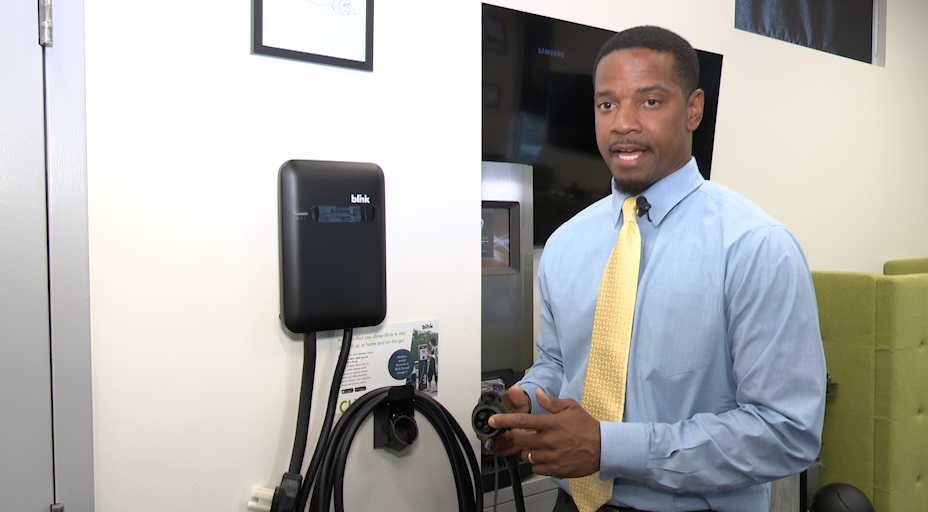
CDOT spokesman Tim Hoover said that the industry will rev up even more as rural and small town residents catch EV fever.
"For example, there's a three-year waiting list for the Ford F-150 Lightning," he said. "And other makes and models are on the way. People in those areas are seeing that ERV trucks can accelerate quickly and have enough power to haul stuff, pull stuff and do the other tasks they'd do with gas-powered vehicles."

CDOT is currently working on a plan to expand the state's EV network and is seeking public comment through Friday. For more information, visit: cdot_innovativemobility@state.co.us.
